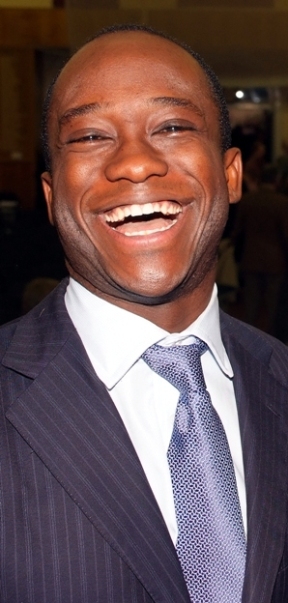A political issue which has been at the centre of much debate recently is the question of whether or not the UK should give Aid to India.
So what is Aid, and why should it be the focus of so much attention?
Aid is the voluntary transfer of resources from one country to another. This transfer can be made either by the first country giving its resources to the receiving country directly, or the resources can be dispensed through charities. Either way, aid is often given from developed nations, such as the UK to developing countries, in order to try and help these countries build up their economies and provide for their citizens.
A term aid givers often like to identify with, is that they are helping countries to help themselves. This means that are not just providing the necessary resources to solve short term problems. Rather, the resources they provide will have a long term impact, because they will include functions such as education, which will help a country develop.
So why is there so much controversy surrounding the issue of whether or not the UK should give Aid to India?
British people are divided over the issue.
Many see India as a byword for poverty. In a country which is home to a third of the world’s population who live below the World Bank’s Extreme Poverty Line, many Brits find it hard to shake off the image of India as being poor and destitute. India has 600 million people who live on less than 2 dollars a day. It is perhaps easy to see why many believe India is in need of Aid.
However, many in the UK take the opposite view.
Many economic experts predict that within 10 years, the Indian economy will be the 5th largest in the world, overtaking that of Britain, and causing some to suggest that the Aid may even begin to flow in the other direction. The Indian economy is growing at 10 per cent a year, and the country is a donor of Aid itself.
Many in Britain are angry that the government, after making cuts on pensions, education and other public services, is donating $440 a year to India.
Dr Richard Wellings, from the UK Institute of Economic Affairs is one person who strongly opposes Aid to India.
He said:
“It’s crazy really – foreign aid is one of the few areas of the UK budget that’s actually increasing substantially over the next few years. But that money could make a huge difference over the next couple of years if it was spent on tax cuts for low paid workers, or it could make a huge economic difference if it was spent at home.”
Many in the UK share this view. As India has more billionaires than the UK, there is a widespread view that it is India’s richest citizens who should be helping their poorest ones.
Does it make sense for the UK to keep giving Aid to India? What do YOU think?




















